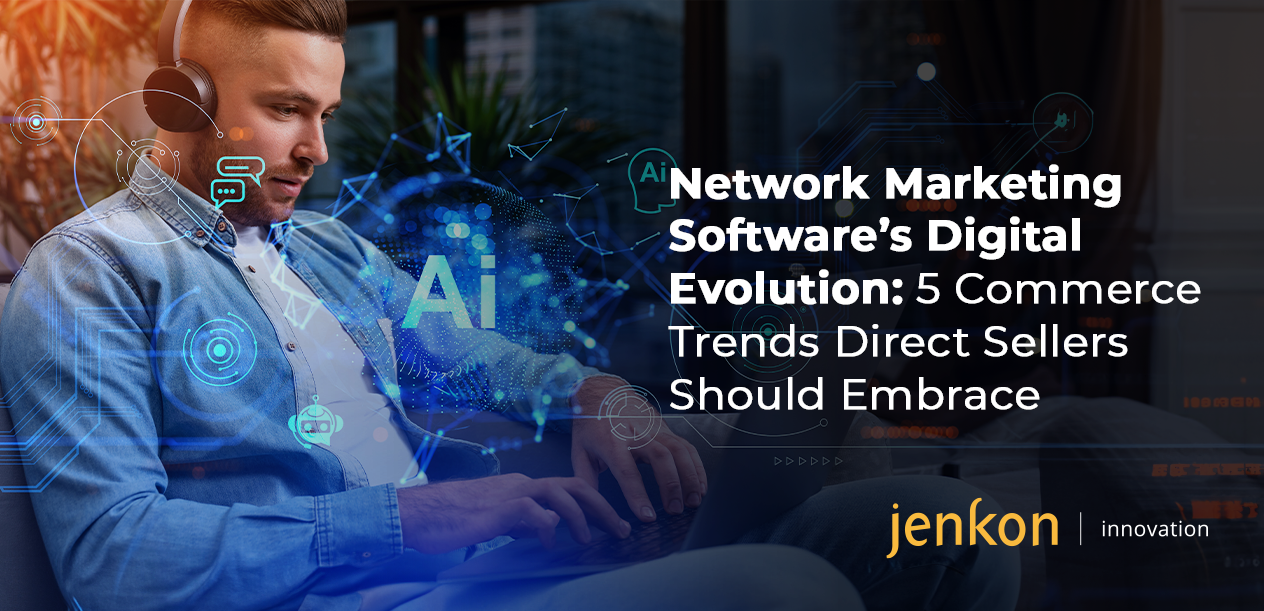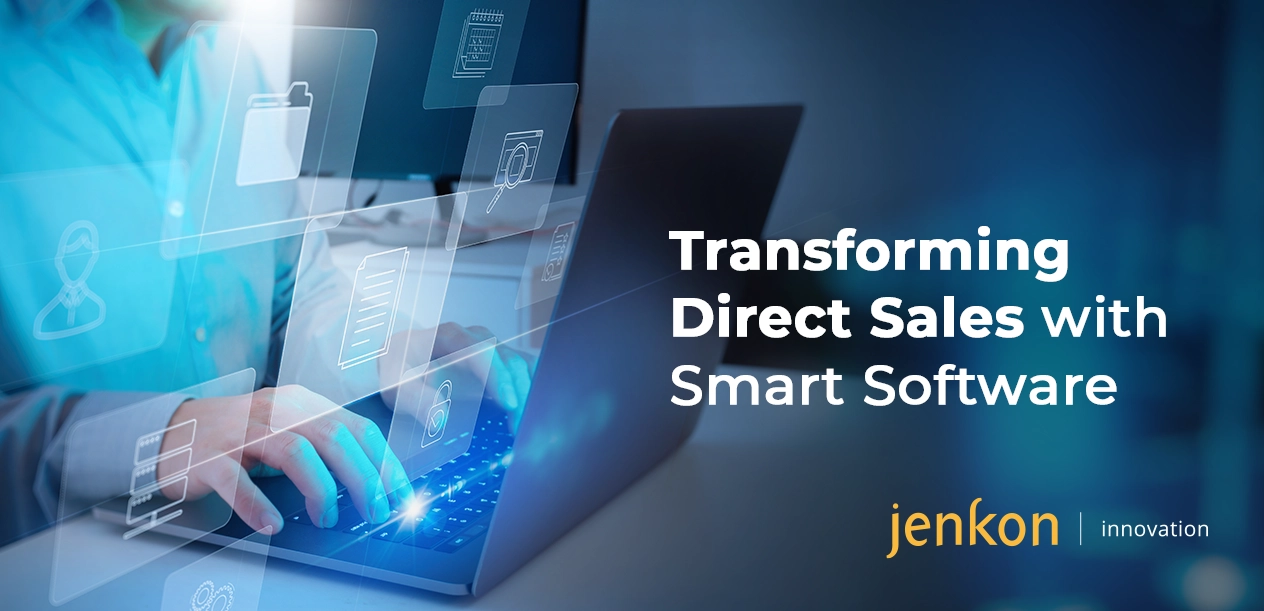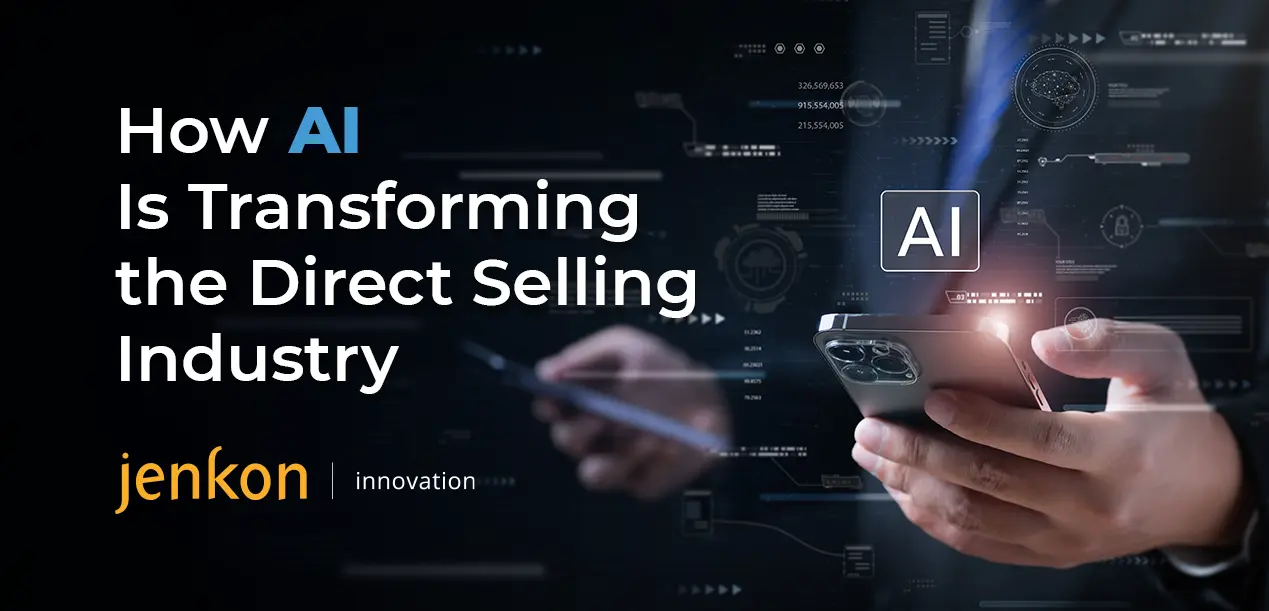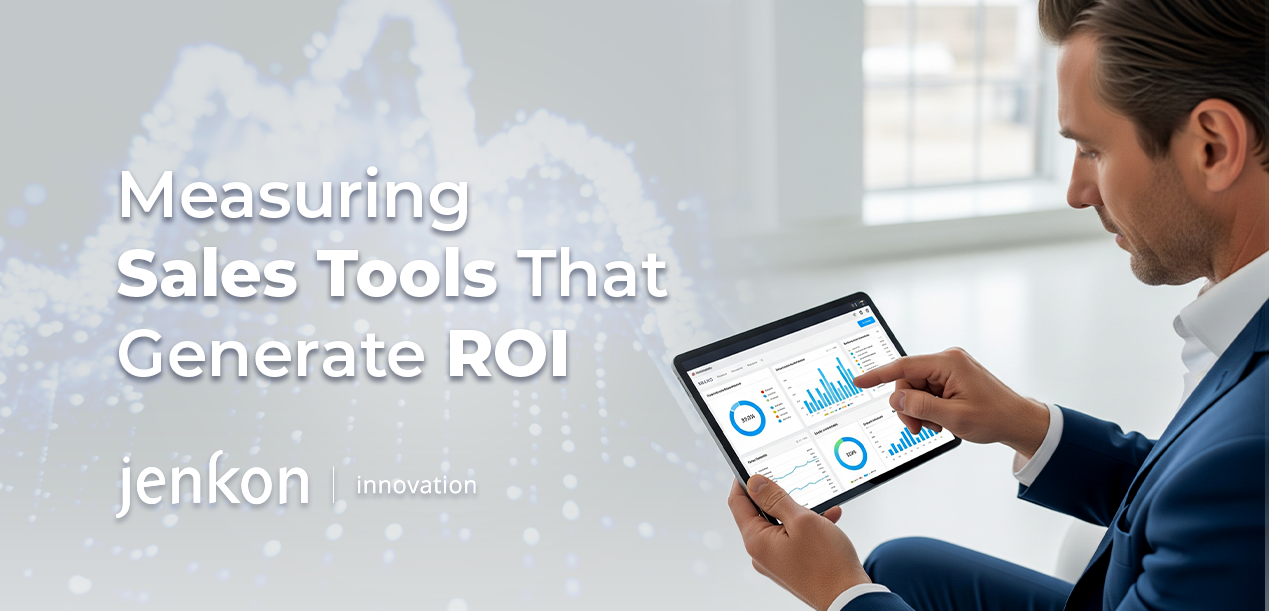Unlocking Direct Selling Potential Through AI and Intelligent Platforms
Introduction: A New Era for Direct Selling
Direct selling has always been about people. Unlike traditional retail, the industry thrives on personal connections, trusted recommendations, and community-driven growth. But in today’s fast-moving digital economy, even the most people-centered businesses are learning that technology is no longer optional—it’s essential.
Artificial Intelligence (AI) is emerging as one of the most powerful drivers of transformation in the direct selling industry. What was once considered “future tech” is now being embedded into core business platforms, empowering distributors and corporate teams alike. AI isn’t here to replace the human touch; it’s here to enhance it, scaling personal engagement and unlocking new levels of growth.
This article explores how AI is reshaping the direct selling landscape through automation, personalization, predictive insights, and platform-level intelligence—while showing how AI-capable systems give companies the edge they need to win.
Automation: Freeing Up Time for Human Connection
One of the clearest benefits AI brings to direct selling is automation. Administrative tasks that once ate into hours of a distributor’s week—tracking orders, sending reminders, or even logging expenses—can now be managed seamlessly by AI-powered assistants.
- Back-office automation: Corporate teams can rely on AI to manage commission calculations, compliance reviews, and customer service inquiries. This reduces error rates and speeds up processing, while freeing employees to focus on strategy instead of firefighting.
- Distributor automation: Field members benefit from AI assistants that schedule social posts, send follow-up reminders, and even prepare personalized product recommendations for customers.
A distributor who previously spent 10 hours a week on admin tasks might now spend just 2—redirecting that time into building relationships and growing their business.
When these automations are built into the platform itself—not bolted on as a third-party app—the benefits compound. Distributors don’t need to jump between tools; everything happens within their sales portal or mobile app. This creates consistency, lowers friction, and improves adoption.
Personalization: Every Distributor and Customer Is Unique
The most successful direct selling companies know that one-size-fits-all doesn’t work. Every distributor is motivated differently, and every customer has unique preferences. AI makes true personalization possible at scale.
- For customers: AI engines can analyze buying history, browsing patterns, and demographic data to recommend the right products at the right time. Instead of generic promotions, customers receive offers that align with their lifestyle.
- For distributors: AI coaches can tailor training journeys. A new distributor may need step-by-step onboarding, while a seasoned leader benefits from advanced leadership modules and strategic insights.
When this personalization is baked into the company’s AI-capable platform, the effect is exponential. Recommendations appear in the e-commerce experience, the distributor’s dashboard, and even customer communications—all seamlessly orchestrated.
The result? Higher engagement, stronger loyalty, and increased sales conversion rates.

Predictive Insights: Seeing Around Corners
One of AI’s greatest strengths is its ability to predict trends before they happen. By analyzing massive amounts of sales and recruiting data, AI can identify patterns that humans might overlook.
- Corporate forecasting: Companies can predict seasonal spikes, plan inventory, and design incentive campaigns aligned with upcoming opportunities. For example, if AI detects rising demand for wellness products in January, the company can stock ahead and launch targeted promotions.
- Distributor coaching: Predictive insights can alert leaders when a team member is at risk of disengagement—perhaps due to declining activity. The system can then recommend interventions, such as sending encouragement, assigning a mentor, or suggesting training.
When predictive analytics are built into the platform architecture, they don’t just sit in reports. They actively drive decisions in real time, surfacing insights directly in the dashboards distributors and managers already use.
This makes AI not just informative, but actionable.
Compliance and Trust: AI as a Guardian
Direct selling companies operate in a heavily regulated environment. AI is playing a vital role in ensuring compliance while protecting brand reputation.
- Content monitoring: AI can scan social media posts, distributor websites, and customer communications to flag non-compliant claims (e.g., exaggerated income or health benefits).
- Fraud detection: AI can identify suspicious ordering patterns or compensation manipulation faster than human auditors.
- Global consistency: With AI translation and brand monitoring, companies can maintain consistent messaging across markets and languages.
When compliance systems are native to the platform, they don’t feel like “policing.” Instead, distributors receive real-time guidance, such as suggested rewrites of a post or prompts to update disclaimers. This creates a culture of trust and shared responsibility.

AI-Capable Platforms: Why Systems Matter
AI is powerful, but how it’s delivered matters just as much as what it delivers. Companies that simply tack on third-party AI tools may see short-term gains, but those that build or adopt AI-capable platforms unlock lasting strategic advantages:
- Seamless integration: AI tools embedded in compensation, e-commerce, training, and CRM modules work together—eliminating silos.
- Scalability: A platform with AI at its core can handle growth across markets, currencies, and compliance frameworks.
- Security & privacy: Native AI orchestration allows companies to maintain control of sensitive distributor and customer data, choosing when to use private models vs. public ones.
- Customization: Companies can design AI experiences that reflect their brand, culture, and compensation strategy, rather than forcing a generic solution.
In other words, platforms that are AI-ready create sustainable competitive advantage. They don’t just digitize processes; they transform how direct selling companies operate at every level.
Real-World Scenarios of AI in Action
To bring this to life, imagine three distributors:
- Maria, a new distributor in Mexico, receives AI-guided onboarding in Spanish, complete with daily action plans and a chatbot answering her questions 24/7.
- James, a mid-level leader in the U.S., uses AI income planners to map his path to the next rank. His dashboard shows him exactly how much volume he needs and which customers are closest to reorder.
- Aiko, a customer in Japan, receives a personalized promotion on wellness products, recommended by AI based on her purchase history. She buys instantly through a live commerce stream enhanced with AI translations.
All three experiences are powered by a single AI-capable platform that adapts to each individual’s journey—helping the company grow globally while staying personal.

The Competitive Edge: Winning with AI
Direct selling is more competitive than ever, with customers bombarded by e-commerce options and influencers. To stand out, companies must combine human connection with intelligent systems.
AI-enabled platforms give companies that edge. They:
- Improve distributor retention through personalized coaching.
- Increase sales conversion with predictive offers and live selling support.
- Reduce risk by ensuring compliance and data protection.
- Scale globally with multi-language and multi-currency support.
Companies that adopt AI not just as a tool, but as a strategic platform capability, will outpace those who resist. The winners will be those who make AI feel invisible—so intuitive and integrated that distributors and customers simply experience smoother, smarter, and more personalized journeys.
Conclusion: The Human + AI Advantage
AI is not replacing the relationship-driven essence of direct selling—it’s enhancing it. By automating routine tasks, personalizing experiences, predicting opportunities, and embedding intelligence into every system, AI allows companies and distributors to focus on what matters most: people.
For direct selling companies, the opportunity is clear. Those who embrace AI-capable platforms today will build the foundation for tomorrow’s growth, ensuring they not only survive but thrive in a rapidly evolving marketplace.













